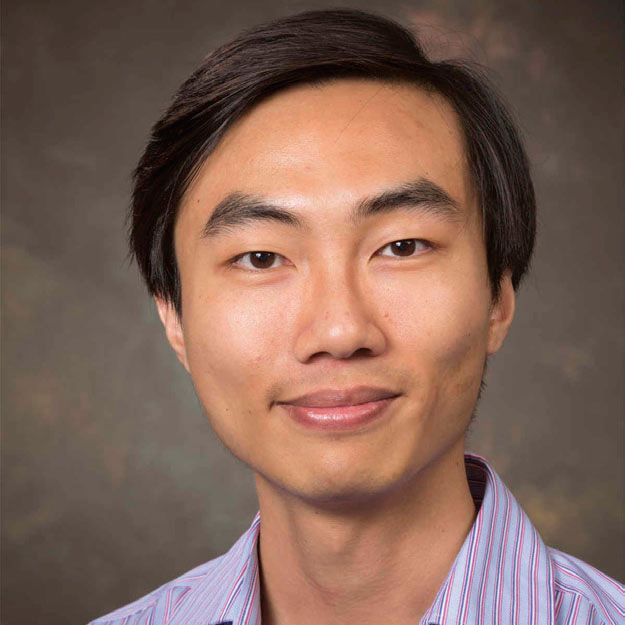This semester, we are starting a new spotlight series highlighting the accomplishments of our faculty, graduate and undergraduate students, and alumni.
For our first faculty spotlight, we are highlighting Assistant Professor Dr. Kevin Tang. Dr. Tang joined our department in the Fall of 2019 and is one of the directors of our Speech, Lexicon, and Modeling Laboratory. His research interests include, laboratory phonology, phonetics-phonology, speech perception, productivity and lexicon modelling. He is also a member of the UF Cancer Center, where he works on research focusing on cancer communication. See below for our interview with him.
What is your current research focusing on?
My current research strives to reveal how the mental lexicon is represented. I approach this by computationally modelling the speech of thousands of speakers (computational phonetics) (e.g., http://dx.doi.org/10.1016/j.cognition.2021.104601) and the linguistic judgement from thousands of people (computational phonology) (e.g., https://psyarxiv.com/df8ru/).
To complement my theoretical contributions, I harness computational linguistics for social good, particularly in the area of human health. A few ongoing collaborative projects of mine highlight this line of effort:
- Using speech as a biomarker, e.g., NSF Award #2037266: SenSE: Smart Electropalatography for Linguistic and Medical Applications (SELMA)
- Using phonology to improve speech disfluency detection of a diverse population, e.g., https://doi.org/10.1111/1460-6984.12305)
- Using sociolinguistics for precision health — tailoring medical messages for a better health outcome, e.g. ‘A Sociolinguistic-Enabled Web Application to Precision Health Intervention for African Americans‘.
- Using corpus linguistics for understanding social dynamics during public health crises, e.g. ‘The emergence of COVID-19 team science: tracking topics, networks and expertise in global COVID-19 research‘.
How did you first become interested in phonology and computational linguistics?
Coming from an engineering background, I have always had a puzzle-solving mindset armed with quantitative methods. When I first came across phonology during my degree at University College London, the intuitive nature of phonological problems reminded me of the many problems that I was trained to solve in as an engineer. Being fascinated and yet unsatisfied with some of the highly abstract theoretical models in generative linguistics, I sought out computational linguistics as my research method. My dual interest in phonology and computational methods brought me to the field of laboratory phonology since it harnesses experimental and computational methods to tackle both the psychological reality (cognitive science) and the physical reality (phonetics) of phonology.
What is the most meaningful part of teaching computational linguistics or phonology for you?
The moment students break down and tackle a linguistic problem without following “recipes” and stop seeking for a rubber-stamped solution.
What do you wish you’d known when you got started in research?
Learn from all disciplines.
Is there any new research development in your field that you’re excited by (articles, the work of specific researchers, topics, etc.)?
Linguistics as a testbed for Artificial Intelligence.
Rahul Razdan, Ken Ford, Justin Mason, Sanjay Ranka, Brian Reimer, Raivo Sell, Edward Straub & Kevin Tang. 2020. Unsettled Topics Concerning Human and Autonomous Vehicle Interaction. SAE EDGE™ Research Reports. SAE International. 24 pp. https://www.sae.org/publications/technical-papers/content/epr2020025/
What do you enjoy outside of academia?
Socialising
If your interested in working with or studying under Dr. Tang, contact him at tang.kevin@ufl.edu.
